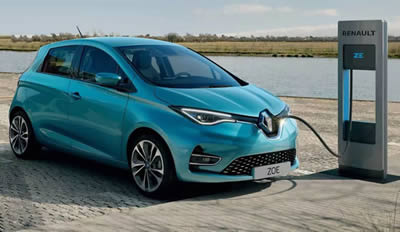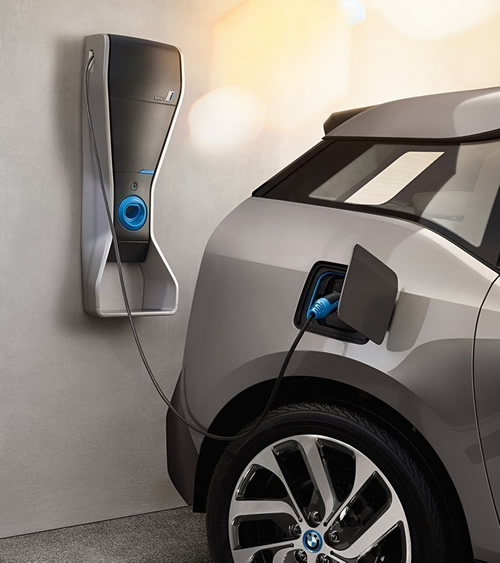Government Plug-in Grant Scheme Update, Effective 18th March 2021
Published Date: 21st Mar 2021
Effective from 18th March 2021, the government has revised its plug-in grant scheme. The new plug-in car grant (sometimes referred to as ‘PiCG’ for short) is £2,500 and full electric vehicles (cars, vans and eligible trucks) with an EV range of at least 70 miles and retail price of up to £35,000 qualify.

The government has committed over half-a-billion pounds to the scheme and says the adjustments to the grant reflect the evolving market and the range of more affordable EV cars and vans available in 2021.
How Do I Calculate My New Vehicle Cost To See If I’m Eligible For The Plug-in Grant?
You are eligible for the government grant if you vehicle’s retail price with its standard spec is under £35,000. The calculation does NOT include optional extras so don’t worry if ‘extras’ tip the cost price over the £35,000 ceiling. So, when researching a car whose range is around or just over the limit, it may be worth considering a lower standard spec model that costs under the £35,000 with some optional extras.
Other related charges like delivery costs and first registration fees are also not included in the calculation.
Note also when doing your research, individual dealer discounts are not considered, the plug-in grant £35,000 ceiling is based on the retail price before any discounts.

Are Any Plug-in Hybrid Vehicles Eligible For The New Plug-in Grant?
The requirements for the new government plug-in grant are that the vehicle is capable of a range of at least 70 miles running in full electric mode and CO2 emissions under 50g/km. At the time of writing this article there are no plug-in hybrids that meet these requirements, so in short plug-in hybrids are not eligible.
There is also a fair likelihood that if/when a plug-in hybrid is developed that meets these requirements, the goalposts/requirements will have probably moved by then.
Are There Any Incentives For Buying A Plug-in Hybrid?
The government plug-in grant incentives for cleaner vehicles are split into three categories:
Category 1 for the £2,500 grant covers full electric cars only, no hybrids currently meet the requirements of at least 70 miles range in full electric mode/CO2 emissions under 50g/km.
Category 2 is for vehicles that can cover a range of at least 10 miles in full electric mode/emissions under 50g/km.
Category 3 is for vehicles with a range of at least 20 miles in ful electric mode/emissions of 50-75g/km.
If your hybrid meets category 2 or category 3 then you are eligible for the home charger grant which cover the installation of a home charger up to the cost of £500.
Which Vehicles Will Be No Longer Eligible For The Plug-in Grant?
Previously the grant was £3000 off any vehicle up to the value of £50,000 so some of the premium badged and more expensive EV models are affected by the changes. For example the popular new BMW i3 whose retail price starts at over £39,000 will no longer be eligible for the grant, other models like the Tesla Model 3.
If you are looking at a vehicle like the Nissan Leaf, you’ll need to consider that some of the top-grade models have a retail price over £35,000 and do not qualify for the grant but there are still several new Nissan Leaf models that do.
Here are some models that are affected and no longer eligible for the new £2,500 government plug-in grant:
- BMW i3 (all models)
- Nissan Leaf (some higher-grade models)
- Tesla Model 3 (all models)
- Peugeot e-2008 (all models except entry-level Allure)
- Renault Zoe (Top Grade GT Line models with rapid charger)
- Vauxhall Mokka-e (some top-grade models)
- DS 3 Electric Crossback (some top-grade models)
- Hyundai Ioniq Electric Hatchback (some top-grade models)
- KIA e-Niro SUV (most models)
*All information and figures quoted at the time of writing this article may be subject to change.
